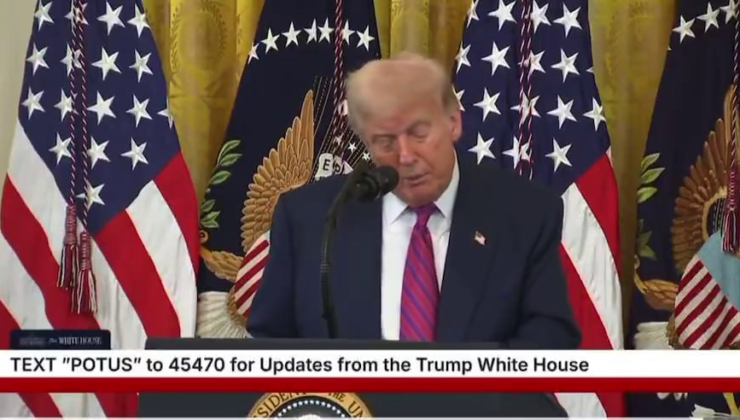The GENIUS Act Will Send Altcoins Soaring!





The GENIUS Act, signed by US President Donald Trump, will significantly transform the cryptocurrency market, particularly stablecoins. This legislation creates the first comprehensive federal framework for regulating stablecoins in the US and aims to accelerate the integration of digital assets into the financial system. So, how will this law impact the cryptocurrency market? Here are the details.
The GENIUS Act is short for "Guiding and Establishing National Innovation for US Stablecoins." The Act specifically regulates the issuance and oversight of stablecoins pegged to the dollar or similar liquid assets. Its primary goal is to protect investors and foster financial innovation by establishing a more transparent, secure, and regulated stablecoin market. The Act is set to take effect in 2026, during which time institutions such as the Federal Reserve (Fed) and the Office of the Comptroller of the Currency (OCC) will develop implementing rules. Impacts on the Crypto Market
The law requires stablecoin issuers to maintain 100% reserves, undergo regular independent audits, and register with federal or state regulators. This will particularly subject major players like Tether (USDT) and Circle (USDC) to stricter oversight. Algorithmic, or non-asset-backed, stablecoins are prohibited. This could increase market credibility but could restrict some innovative projects.
New regulations could create obstacles for smaller stablecoin issuers due to high capital requirements and regulatory oversight. Large companies like Circle and PayPal will have an advantage in complying with these rules due to their existing robust infrastructure. This could lead to market consolidation and strengthen the dominance of larger players.
The GENIUS Act doesn't provide a clear framework for how decentralized finance (DeFi) platforms can use stablecoins. Banning interest-bearing stablecoin products could impact the revenue models of DeFi projects. Furthermore, considering stablecoin issuers as financial institutions subject to anti-money laundering laws would require the collection of user data. This could conflict with DeFi's principles of anonymity and decentralization and create new compliance challenges for the industry.
The law also establishes rules for foreign stablecoin issuers. Foreign issuers wishing to operate in the US market will be required to demonstrate that their home country's regulatory frameworks are equivalent to those in the US. This could facilitate access to the US market for companies operating abroad, such as Tether, but it also reflects a US effort to standardize stablecoin regulations for global competition.
The GENIUS Act could lead to greater acceptance of cryptocurrencies in the mainstream financial system by recognizing stablecoins as a regulated asset class. The use of stablecoins in everyday payments and international transfers could increase. This could lead to greater adoption of blockchain networks like Ethereum, particularly for stablecoin transactions, as many stablecoins operate on these networks.
The regulatory clarity brought by the law could increase institutional investors' confidence in the crypto market. The increased security of stablecoins could indirectly contribute to the appreciation of other cryptocurrencies like Bitcoin and Ethereum. However, in the short term, some projects may experience volatility due to the withdrawal of smaller players or compliance costs.

Trump signaled strong support for the cryptocurrency sector when signing the law. Previously critical of cryptocurrencies, he has recently embraced the sector with a promise to "make the US the crypto capital." His humorous comments at the signing ceremony and the presence of industry leaders created a positive atmosphere in the market. However, some critics allege that Trump has profited financially from his own crypto ventures, which could raise questions about the regulatory impartiality. Potential Risks and Criticisms: The law's strict rules could restrict innovation and create uncertainty, particularly for decentralized platforms like DeFi. Privacy advocates are concerned about user data collection and surveillance risks. Furthermore, some Democratic lawmakers argue that the law does not adequately protect consumers and could favor large players. Click to read our breaking news. Click to follow developments on X.
------------------------------
This content is for informational purposes only and does not constitute investment advice. Cryptocurrency investments carry a high level of risk, and you are responsible for all your investment decisions.
CoinNET.com accepts no liability for any damage or loss that may arise from the contents.
------------------------------
This content is for informational purposes only and does not constitute investment advice. Cryptocurrency investments carry a high level of risk, and you are responsible for all your investment decisions.
CoinNET.com accepts no liability for any damage or loss that may arise from the contents.





